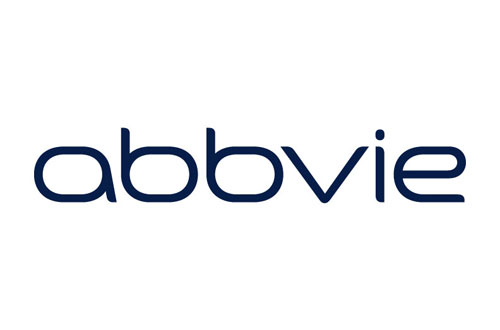
AbbVie presented new data on its once-daily hepatitis C virus (HCV) combination, revealing high cure rates across all six major HCV genotypes.
The new phase II data on NS3/4A protease inhibitor ABT-493 and NS5A inhibitor ABT-530 – which recently started pivotal trials – showed that 97-98% of patients with genotype 1-3 HCV and no cirrhosis achieved a cure (sustained virologic response 12 weeks post-treatment or SVR12) with eight weeks of treatment.
Meanwhile, in patents with genotype 3 HCV and compensated cirrhosis – a notoriously hard-to-treat group – the regimen achieved 100% SVR after 12 weeks. It also achieved a 100% cure rate in patients with genotype 4-6 without cirrhosis. The data were presented at the International Liver Congress (ILC) in Barcelona, Spain, last week.
AbbVie is hoping to be able to show that ABT-493/ABT-530 can achieve high cure rates across all HCV patients with an eight-week treatment regimen, and help it claw market share in the HCV treatment category away from its main rival Gilead Sciences, which dominates the market.
Gilead’s main product is Harvoni (sofosbuvir/ledipasvir), which made around $10bn in sales last year, and also sells sofosbuvir as a single-agent product (as Sovaldi) that added another $5.3bn to its franchise. Sales of the drugs currently outstrip AbbVie’s already-marketed Viekira Pak (ombitasvir/paritaprevir/ritonavir and dasabuvir) product, which brought in just over $1bn last year.
The company has already filed for approval of a pan-genotypic HCV regimen based on sofosbuvir and velpatasvir in both the US and Europe and was awarded a priority review by the FDA in January, setting up a possible US approval this summer. The initial marketing application is for a 12-week regimen.
Gilead upped the ante at the ILC by reporting the results of a small trial suggesting a three-drug combination can be effective even in patients who have developed resistance to the latest directly-acting antiviral drugs.
The triple regimen of sofosbuvir, velpatasvir and investigational NS3/4A protease inhibitor GS-9857 cured 98% of patients with resistant genotype 1 HCV.
Both AbbVie and Gilead could face staunch competition from Merck & Co’s recently-approved Zepatier (elbasvir/grazoprevir) – licensed to treat genotypes 1-4 HCV – which has been launched at a sizable discount to both Harvoni and Viekirax.
Low-cost alternative?
Meanwhile, an HCV regimen developed by Egyptian pharma company Pharco based on sofosbuvir and ravidasvir that could provide an affordable treatment regimen for middle-income countries was also highlighted at the ILC meeting.
Backed by the non-profit organisation Drugs for Neglected Diseases Initiative and Médecins Sans Frontières (MSF), the combination could be made available for $300 or less per treatment course, undercutting existing regimens that cost tens of thousands of dollars a year in developed markets.
While companies making HCV therapies have forged access deals for low-income countries, there has been widespread concern that slightly more affluent nations outside these arrangements will struggle to afford the new directly-acting antiviral drugs. In turn, that could scupper plans to eradicate the virus.
HCV therapies are expected to be one of the main drivers for growth in the global viral infections market, which is expected to swell from a value of $74bn in 2014 to $117.6bn by 2021 according to GBI Research.




